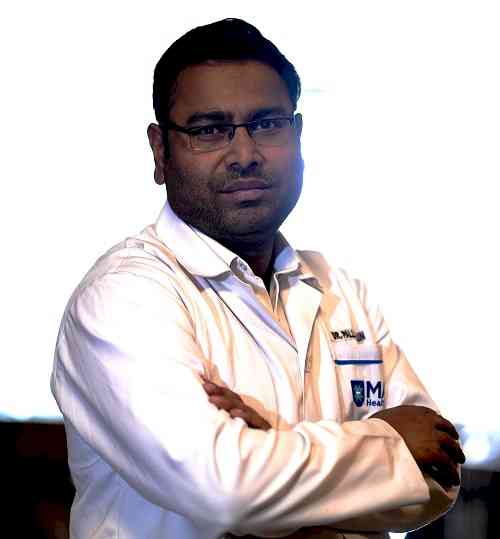New study shows that Diabetes Remission and Prevention is possible by Modest Dietary Changes in Indians
The prevalence of diabetes in India is rapidly escalating, with 74 million people in the country estimated to have diabetes, and over 80 million having pre-diabetes.

Chennai, August 26, 2022: The prevalence of diabetes in India is rapidly escalating, with 74 million people in the country estimated to have diabetes, and over 80 million having pre-diabetes. Earlier studies have shown that excess carbohydrate in the diet (polished white rice in the South and East, and refined wheat in the North and West of India) contribute to increased susceptibility to type 2 diabetes. The diet of most Indians consists of about 65 to 70% carbohydrate, with very little protein.
A recent national study, the ICMR-INDIAB study funded by the Indian Council of Medical Research (ICMR), based on 18,090 adults has shown, using a linear regression model and quadratic programming, that if the carbohydrate content of the Indian diet can be brought down to 49 to 54% and the protein increased to 19 to 20% and fat maintained around 21 to 26%, diabetes remission (reversal) can be achieved. For prevention of progression from pre-diabetes to diabetes, carbohydrate content of 54-57%, protein of 16-20% and fat of 20-24% would suffice.
Commenting on the research paper Dr R M Anjana, Vice-President, Madras Diabetes Research Foundation (MDRF), first author of the study, “Unlike previous studies which have recommended a very low (near zero) carbohydrate intake which is unsustainable in the Indian context, our results show that even a modest reduction in carbohydrate intake with an increase in protein, along with healthy fats, can help to both reverse diabetes as well as prevent its progression”.
Dr Seshadri Srinivasan, Kalasalingam Academy of Research, who carried out the quadratic programming problem (QPP), said, “Using mathematical modelling, we were able to predict both remission and prevention of diabetes at a population level using the ICMR-INDIAB diet data”.
Sudha Vasudevan, Head Dept of Foods and Nutrition Research, MDRF said “the recommendations varied slightly based on age, sex, body weight, activity level and in urban and rural areas. However the broad principles remain the same”.
Dr V Mohan, President, Madras Diabetes Research Foundation, said “Indians could even slightly change their dietary habits by decreasing their carbohydrate intake and substituting it with protein (preferably vegetable protein), not only diabetes but also cardiovascular disease can be prevented”.
The ICMR-INDIAB study which was carried out in the whole country, and included data from 29 States and 2 Union Territories, is the largest epidemiological study on diabetes done in India.


 City Air News
City Air News 








